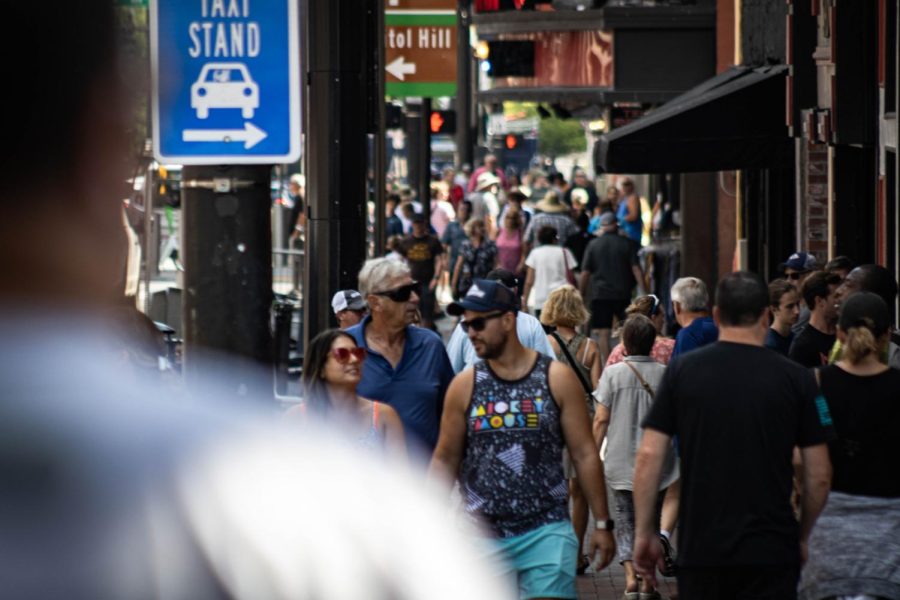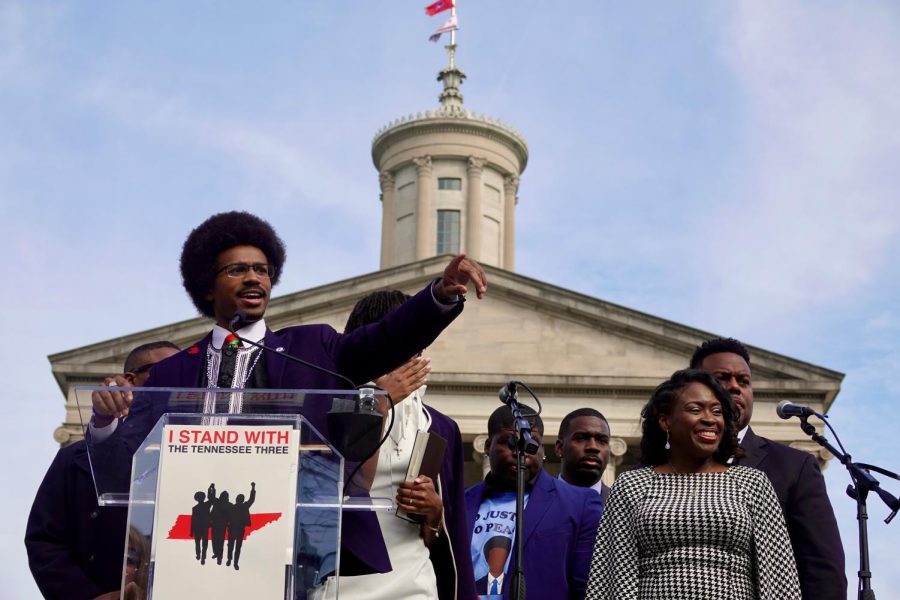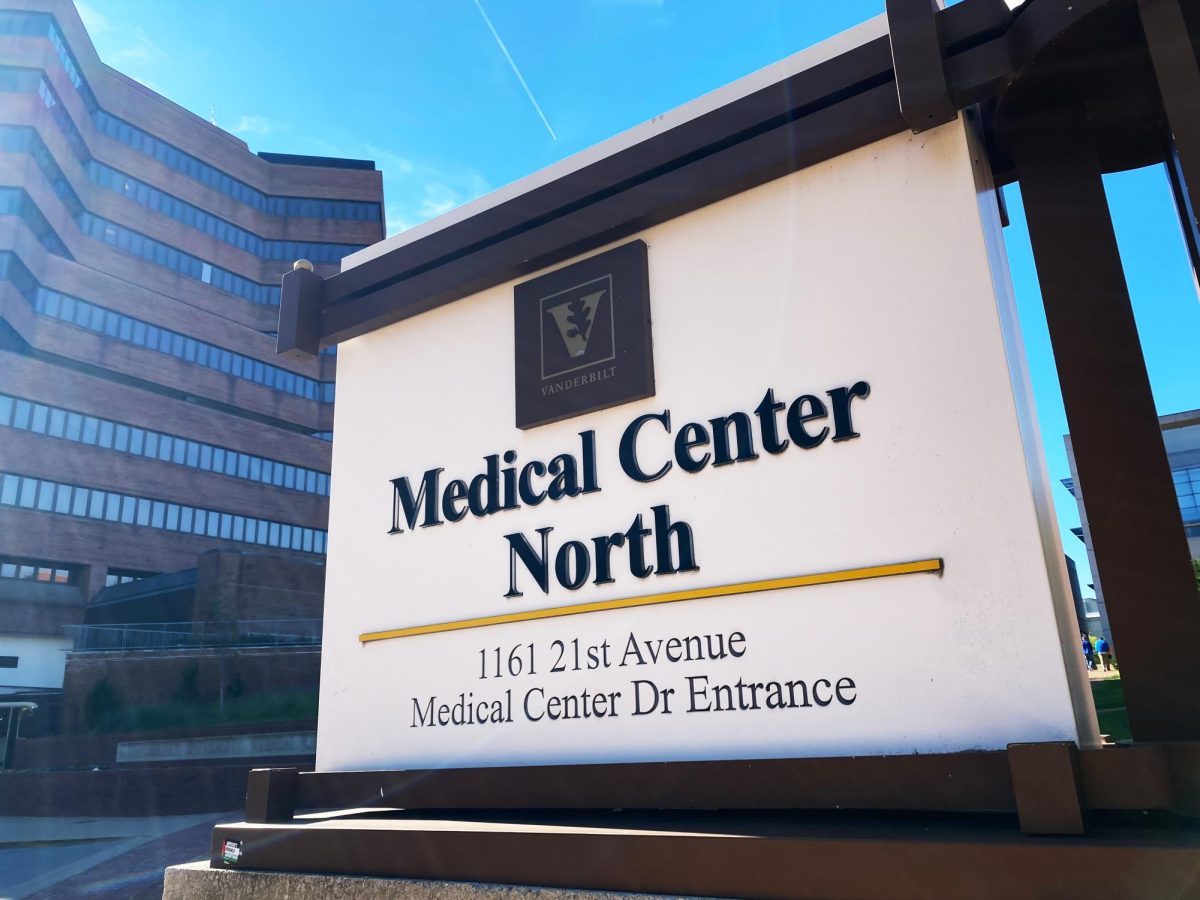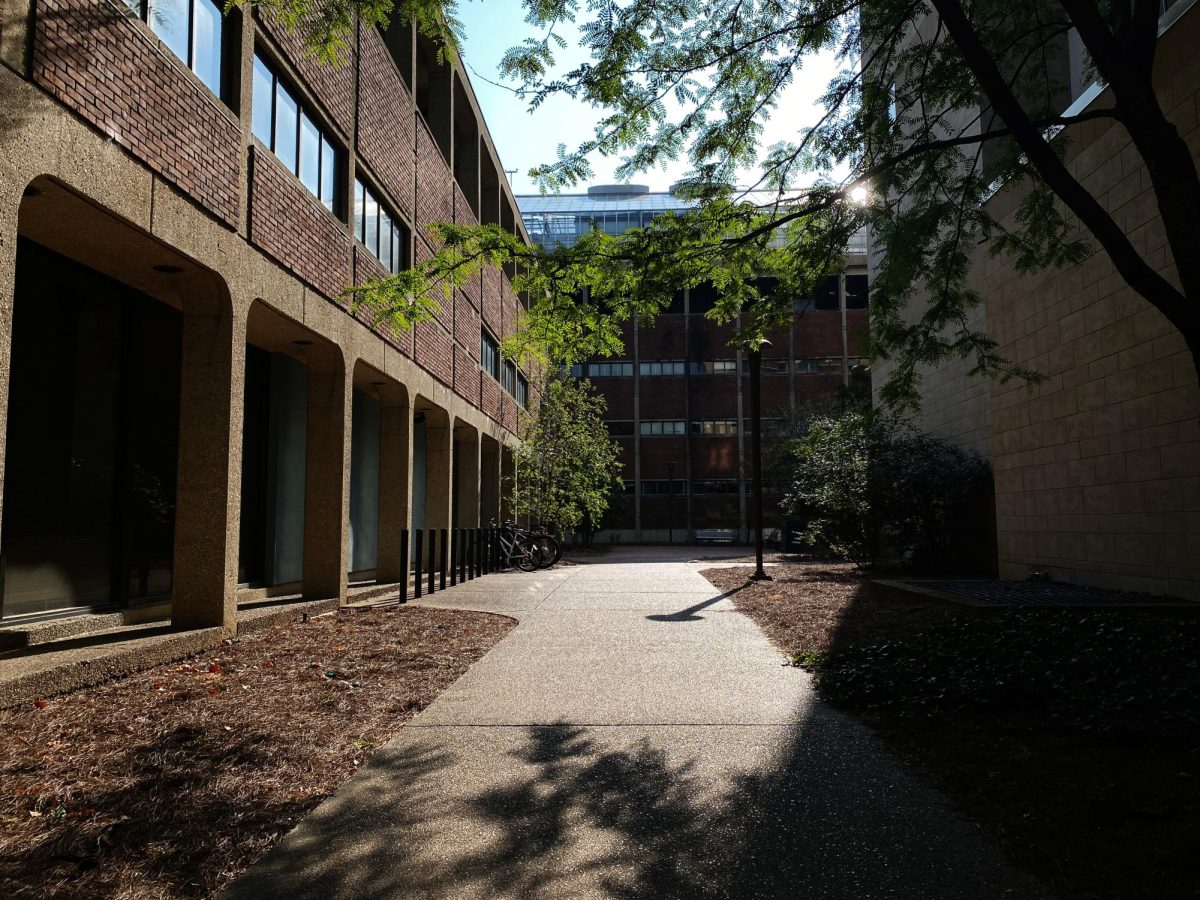The United States Supreme Court agreed last month to hear the case U.S. v. Skrmetti, which challenges the constitutionality of a Tennessee law banning gender-transition care for minors.
The state-wide ban on gender-transition care for minors, first introduced in the Tennessee legislature in November 2022, was temporarily blocked by a district court judge before being reinstated in July 2023 by a panel of judges in the U.S. Court of Appeals for the Sixth Circuit in Cincinnati. In November 2023, the federal government petitioned the Supreme Court to hear the case.
Political science professor and Assistant Dean of Undergraduate Education Carrie Russell said that when lower courts of appeals have differing rulings on the constitutionality of a law, the Supreme Court has a responsibility to bring clarity to the situation.
“Here, recognizing that courts of appeals are ‘split’ over the constitutionality of laws banning gender-affirming care for transgender adolescents, as well as the appropriate level of scrutiny to apply to legislative bans targeting transgender individuals for medical treatment, the Supreme Court has been called upon to settle the dispute,” Russell said.
According to Russell, this case serves as a proxy for challenges to similar legislation nationwide as 25 states around the country have passed legislation banning gender-affirming care for minors.
“Their decision will determine whether this type of law, enacted by a plurality of states, will remain a ‘state’ issue — as was the result in Dobbs, remanding abortion legality to the states — or if these laws and very personal medical decisions will be deemed a violation of the maxim that freedom requires a government that respects the right of the individual to be left alone,” Russell said.
Junior Terra Lee, vice president of oSTEM, expressed support for the type of gender-affirming care banned by the law in question.
“Gender-affirming care saves lives, especially in terms of caring for mental health,” Lee said. “It is important that medical facilities have the resources for those who need them. Lack of crucial healthcare services means less opportunities for better quality of life for all patients, especially those who are transgender and queer.”













